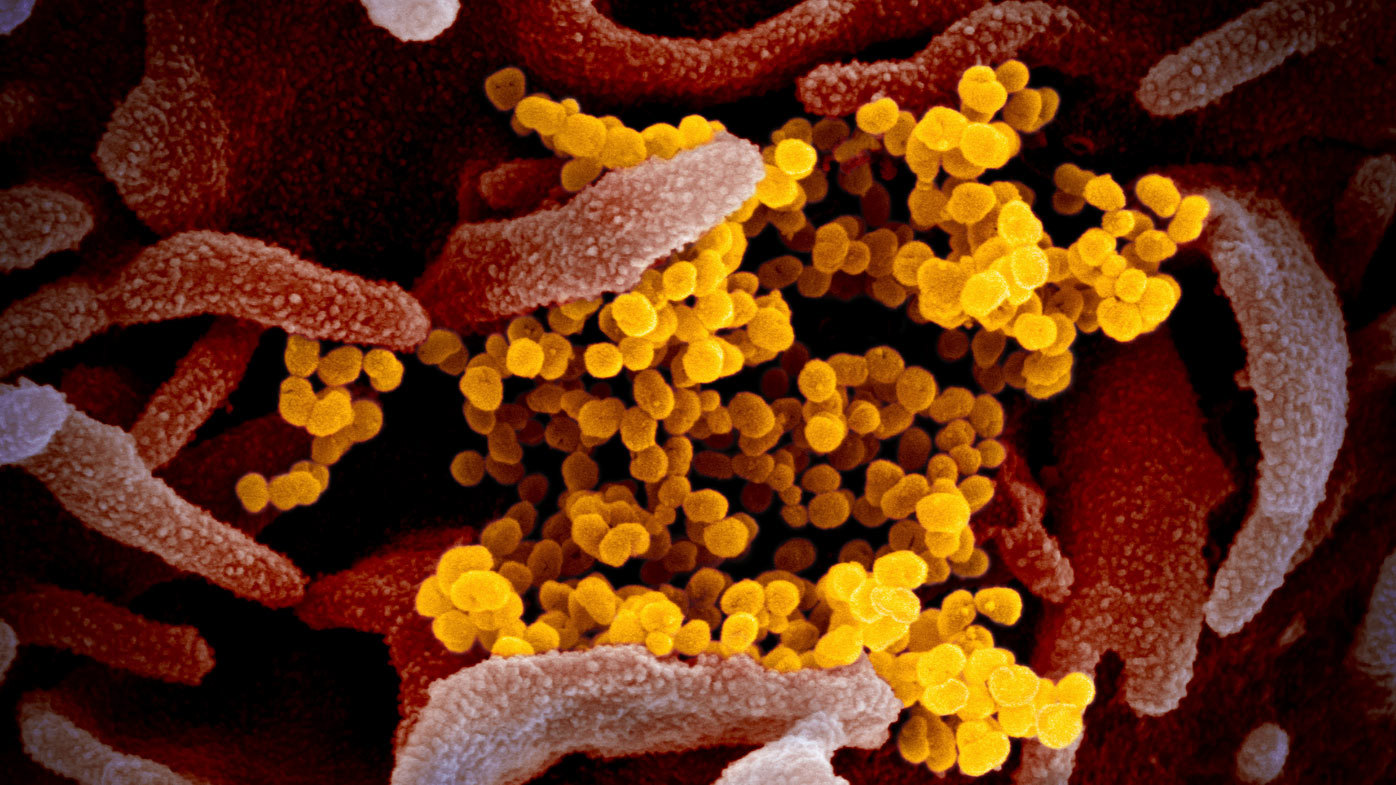The new variant of COVID-19 that is now dominant in the UK and the US doesn’t appear to be deadlier than its predecessors – but its impact on a relaxed Australia could be severe.
Experts say the rise of Eris – named for the Greek goddess of strife and mischief – was to be expected as COVID-19 continues to evolve.
So far, its presence in Australia is minimal, with fewer than 100 cases identified so far.
“Despite the fact the public, the media and politicians have forgotten (or want to forget) about the COVID-19 pandemic that affected us all for over three years (and many still affected by long COVID), the virus is still with us,” Murdoch University’s Australian National Phenome Centre director Professor Jeremy Nicholson said.
“There is not much evidence yet that the new Eris sub-variant is any more virulent than previous versions but its rapid surge implies that it is highly infectious.”
He said this was important to note due to Australia having lagged on more recent vaccinations against the virus.
“Australia has done quite well in avoiding the worst effects of acute and long COVID but a new variant exploding into a now rather unprotected population still has the potential to cause more suffering and morbidity,” Nicholson said.
“Let’s hope that we have all learned something from the previous COVID-19 experience so that a repetition of history can be avoided.”
Epidemiology chair at Deakin University’s Faculty of Health, Professor Catherine Bennett, warned that it may be some time before Eris’ full effects were felt down under.
“We have seen newly emerged Omicron variants take a few months to establish in Australia previously,” she said.
“With the waves in Australia slowing and now spaced five months or more apart, the timing of (Eris’) emergence might make this the subvariant that drives an increase here in late spring.”
While many experts urged people to take the opportunity to get caught up on their vaccinations, others warned that the existing options may not be as effective against the Eris variant.
Infectious disease expert Professor Raina MacIntyre at the University of NSW said the most recent boosters made available in Australia wouldn’t provide enough protection against Eris.
But she said manufacturing was underway internationally on new jabs.
“The US expects to have these boosters available in September,” she said.
“I have not yet heard an announcement about availability in Australia, but I hope it is being considered.”




